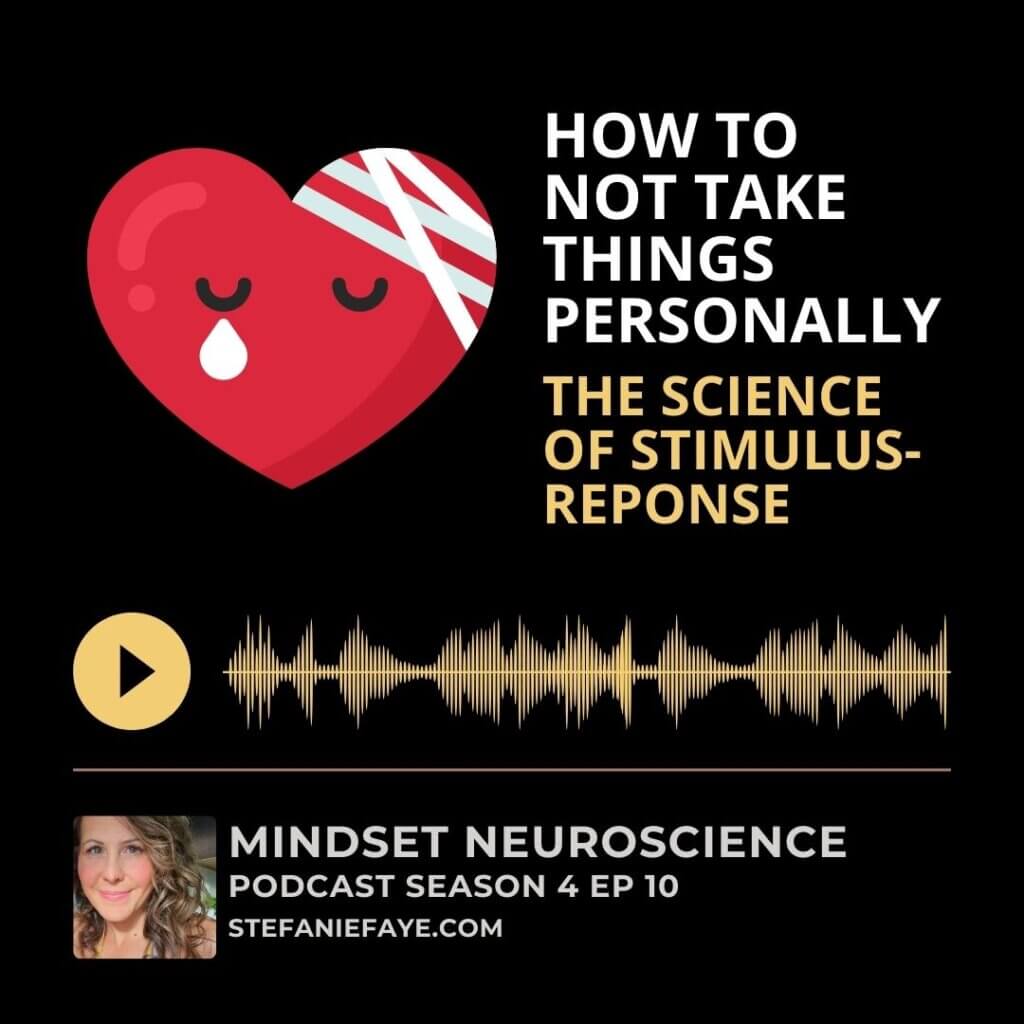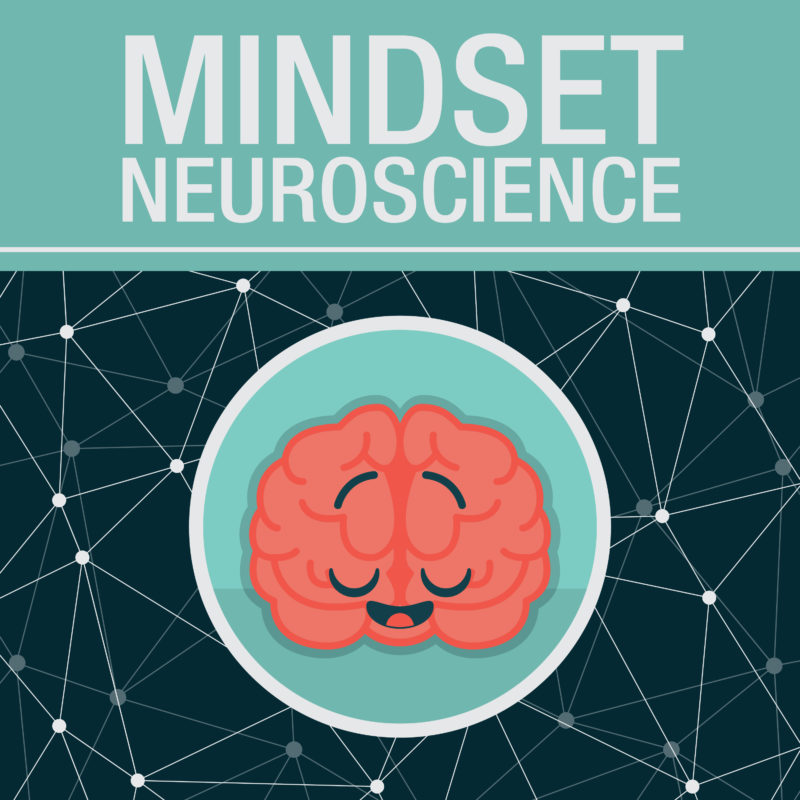As we approach the end of the year, we may start notice within ourselves - and others - feelings of exhaustion, burn out, feeling frazzled or overwhelmed.
There are seasons that are influenced socially and symbolically..
for example, the beginning of academic years, the end of a calendar year, holiday breaks, shortened days, different temperatures... all of these can affect us in different ways.
For many people, as we approach the end of the year, there are potentially different gatherings, breaks from routine,
and added expectations about what 'should have' happened this year, what didn't happen, unwanted patterns we didn't want to have repeated...
All of that can influence our internal state, as well as the internal states and behaviors of the people around us.
While there is so much that we cannot change, there is power in getting better at how we tune in to ourselves and how we stay as open as we can to new possibilities.
Many of those new possibilities come from a more intelligent, flexible and sophisticated way of interpreting and responding to our own fluctuations, and emotions - AND doing the same for how we respond and react within our interactions and communications.
Below is an article and podcast about a modern perspective on Stimulus-Response - and how we can use this wisdom to not become overwhelmed by the behaviors, reactions and expectations of others.

Taking things too personally can lead to overamplified emotions and reactions that distort our thinking and relationships.
The good news is that we can get better at navigating challenging interactions, feelings, and relationships when we understand how unconscious influences play a role in our response.
To help us understand all of this, an important framework is the Stimulus Organism Response Model.
This is in comparison to a Stimulus-Response Model.
A term we use for the basic stimulus-response (SR) model is “unmediated”. It means that there is no in between process or mediator between the stimulus and the response. The SR model can sometimes be applied to single-cell organisms that have fairly simple stimulus-response systems. If an event occurs, it's fairly predictable what their response will be*
If we were to try to apply this SR model to more complex organisms, however, we would see that something's missing from the equation.
For example, if a traumatic event, such as a natural disaster occurs, that's the stimulus. According to the SR model, we can reliably predict a person's response. Or if an event like winning a lottery happens, we would also, using the SR model, be able to more or less predict the response for every single human that that happens to. Because according to that model, it's the event or stimulus that directly causes the response.
As we can see from those two examples, and as a lot of research has demonstrated*, humans do not have a universal, identical response to events like the lottery or tragic events.
*I go into this more in-depth in my book
**see research citations
Listen on:
What we need to realize is that…
Every interaction between humans is an interaction between two complex nervous systems with histories.
Humans are complex and adaptive, meaning that a lot of things evolve and emerge from our interactions and our relational dynamics. That can't be simplified into a very simple equation.
Human interactions are not linear. We are not single-cell organisms with predictable responses. We can't use simple cause-effect logic to predict or inform how arguments and disintegrations occur.
But this doesn't mean we can't get better at understanding some of the powerful, often unconscious factors that influence our interactions and perceptions.
The key message about not taking things too personally is that:
Your emotional reactions during social interactions with people may not be the absolute truth the way you think it is.
There are forces occurring under the surface for both you and the other person.
Those forces may distort how you and the other person are interpreting each other's behavior and may lead to reactions that are way overamplified and in many ways, inaccurate.
We all fall victim to dysregulated and defensive behaviors when we don't know what to do with our emotions.
But when we don't reflect or attempt to understand that there are complex forces affecting ours and others’ responses..
We may end up repeating the same type of negative interactions over and over again.
This can be particularly true when we're dealing with people we have long histories with.
Part of this is because once we have certain kinds of algorithms and predictions about a way a person is… we've also often created very simple cause-effect reasons behind their behavior.
Because humans are constantly evolving and adapting, those very simple types of algorithms and predictive cause-effect logic models are often inaccurate and also lead to reinforcing feedback loops that continuously recycle the same kinds of stress and tension and protective defensive behaviors in our interactions with those people.
What the stimulus organism response model helps us explore is that sometimes in these relational dynamics…
We might overattribute the feelings we have to that one particular person.
And while we may have a history with somebody, and all of this is stuff that we need to reflect on and be careful with in many ways…
we also need to complexify our thinking in order to get better at more accurately and flexibly navigating those situations.
It's not about letting somebody off the hook.
and it's not about NOT attributing ANYTHING towards that person and what they contribute to the relationship or that dynamic…
It’s about trying to get more sophisticated and intelligent in our responses to what's happening
And that will help us fine-tune, modify, enhance, or adjust, various nonverbal and verbal kinds of strategies we're using in each moment to attempt to have a new outcome.
As we get more complex and nuanced in our understanding of all the different systems triggers that influence our responses, we can begin to model new ways of responding. As we become more aware of this, we can lead the way for an increased sense of psychological safety in our relationships.
And that can open up new possibilities and new pathways for more evolved social connection and understanding.
I also cover this topic in this video
References:

